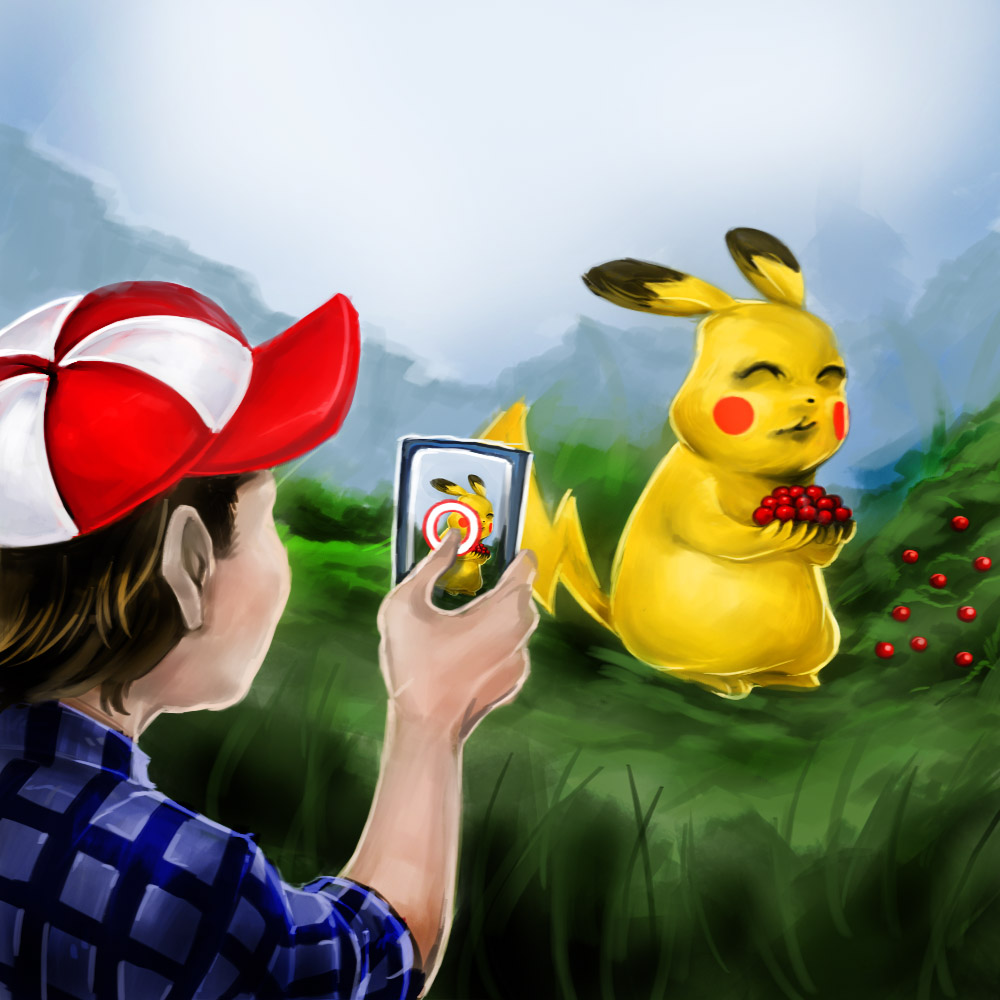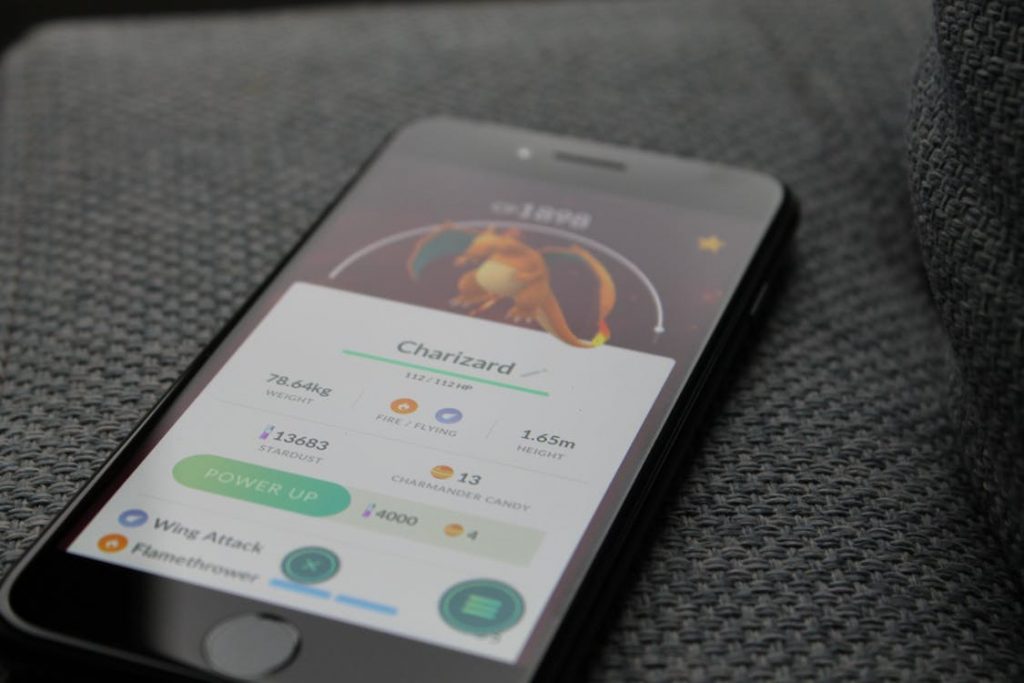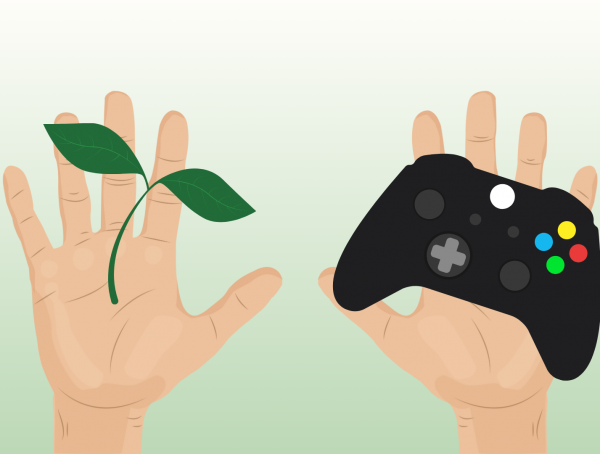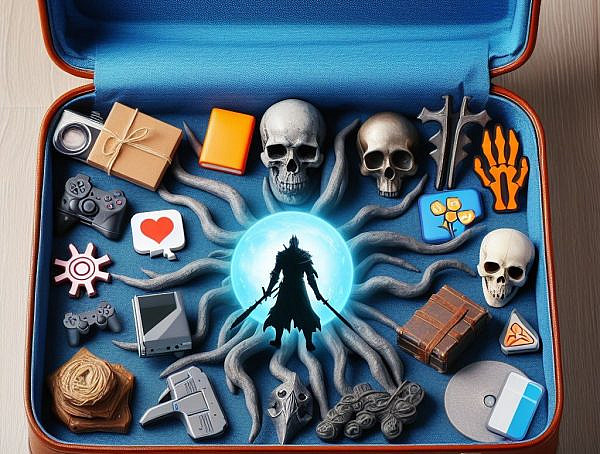The global phenomenon Pokémon Go doesn’t use the full potential of pervasive gaming.
In their article “The Space Between Debord and Pikachu” Hugh Davies and Troy Innocent examine different games and activities that are comparable with the augmented reality (AR) mobile game Pokémon Go. The similarities can be found in how these games and activities approach navigation and/or exploit city streets as a part of their design. The aim of the article is to get a better understanding of Pokémon Go from a pervasive game design perspective by providing a broader practical context for the game. Furthermore, Davies and Innocent argue that Pokémon Go misses the opportunity to create new meanings for understanding the surrounding space thus leaving an unexplored opportunity for future pervasive game design.
Davies and Innocent approach pervasive and location-based game design through three lenses. The first lens is about how a game can educate players about a location in which the game is played, or simply use the location’s landmarks to orient a player. The second lens is about how a game can create links between the real world and the game world. The third lens is about how a game can give opportunities for a player to re-see the real world.
According to Davies and Innocent a whole city can be seen as a huge gameboard where streets create moving spaces. Walking itself can be seen as an act of play as at street level a walker moves in a tactical manner, for example he or she can choose to use shortcuts and cut through restricted areas. There are playful practices of walking, such as flâneur and dérive, that have been compared to Pokémon Go but these activities have different intentions than the game. Although in Pokémon Go the Pokémons are connected to real world locations, the game doesn’t really blend its reality with the site itself. For comparison, the previously mentioned walking practices try somehow to create alternate realities.
Pokémon Go has similarities with treasure hunting activities, such as orienteering, letterboxing and geocaching. What differs Pokémon Go from these activities is that the game is largely practiced in urban centers while these activities are almost exclusively undertaken in nature. Moreover, Davies and Innocent discuss that in Pokémon Go the urban environment simply serves as a backdrop for play. For the most parts the game ignores the real environment where the playing takes place, although some PokéStops are located near cafes and restaurants to increase foot traffic.
When GPS navigation came to mobile phones it created an opportunity to develop a new kind of location-based games. The closest relatives for Pokémon Go are games like ConQwest from 2003 and Plundr from 2007. According to Davies and Innocent the success of Pokémon Go comes from the combination of Google’s mapping software and Pokémon’s brand power. The game was developed by Niantic, a software company that was founded by John Hanke who had previously worked with Google mapping projects such as street view.
In conclusion, although Pokémon Go brings its players into contact with the surrounding space, this contact stays superficial. The reason for this is that playing the game mainly happens on the mobile phone’s screen. However, regardless of its flaws the mainstream success of Pokémon Go has made it possible for pervasive games to gain more public attention. Davies and Innocent note that this has given new opportunities for game developers to explore the potential of pervasive and location-based gaming in the future.
Source:
Davies, H., & Innocent, T. (2017). The Space Between Debord and Pikachu.
Available from http://www.digra.org/wp-content/uploads/digital-library/88_DIGRA2017_FP_Davies_Debord_and_Pikachu.pdf
Featured images:
Modern Safari by Zaefyr (https://zaefyr.deviantart.com/)
pexels-photo-243698 by Anton
You might also like
More from Game Research Highlights
How do you want to do this? – A look into the therapeutic uses of role-playing games
Can playing RPGs contribute positively to your wellbeing? A recent study aims to find out how RPGs are being used …
Eldritch horrors and tentacles – Defining what “Lovecraftian” is in games
H.P. Lovecrafts legacy lives today in the shared world of Cthulhu Mythos and its iconic monsters. Prema Arasu defines the …
Are Souls Games the Contemporary Myths?
Dom Ford’s Approaching FromSoftware’s Souls Games as Myth reveals the Souls series as a modern mythology where gods fall, desires …

















